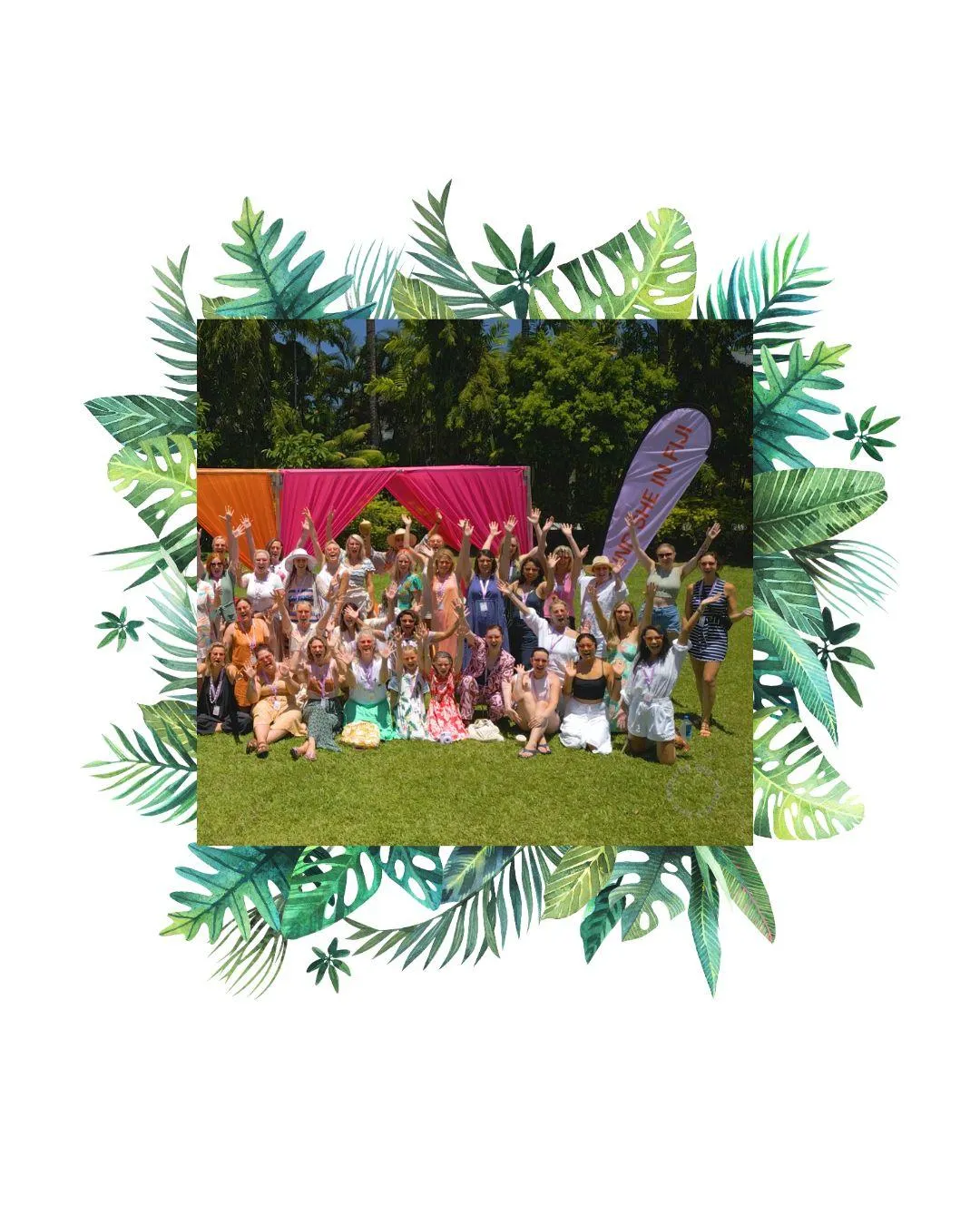
Designing Experiences for Neuroinclusion: Lessons from the Field
Designing Experiences for Neuroinclusion: Lessons from the Field
Neuroinclusion isn’t just about communication — it’s about the entire experience. At Wired for Wonder, Evolve X, and across our retreats and workshops, we’ve learned powerful (and humbling) lessons on how to create events and environments that feel safe, inclusive, and welcoming for neurodivergent humans.
Here are some of our most important takeaways:
🧘♀️ Sensory Zones Aren’t Optional — They’re Essential
From the earliest days of Wired for Wonder, we created sensory-friendly spaces — quiet corners, low-stimulation lounges, and beanbag areas for grounding. These weren’t gimmicks. They were lifelines. For many attendees, these zones made the difference between staying and leaving.
👶 Onsite Crèche = Deep Participation
When we introduced our first onsite crèche, we didn’t just offer childcare — we offered liberation. Parents, especially mothers, were able to fully participate in a retreat or conference without the invisible mental load of parenting logistics. It was revolutionary.
⚖️ Trigger Warnings Are About Choice, Not Censorship
During a transformative retreat with Cat Hoke and 200 women, we saw how important it is to prepare people emotionally. Not all powerful stories are right for all nervous systems in all moments. Briefing facilitators on emotional pacing, consent-based participation, and co-regulation strategies is now non-negotiable.
🧠 We Can’t Be All Things — But We Can Be Mindful
Neurodivergence is not one thing. It’s a galaxy of needs and preferences. We’ve learned we can’t cater to everyone perfectly — but we can be radically open, responsive, and honest. Mindfulness matters more than mastery.
🌸 Just Ask. People Will Rise.
One incredibly brave woman came to a retreat with a severe perfume allergy. We asked 85 attendees not to wear scent that day — and they honoured it. Inclusion often isn’t about big changes — it’s about clear, kind requests and the humanity to meet them.
⚠️ The Lessons That Hurt — But Helped Us Grow
We haven’t always gotten it right — and we don’t pretend to. One of our most sobering moments came when a dietary requirement was miscommunicated and someone got seriously ill. Even though we had checked with the kitchen, it reminded us that system checks aren't enough without human clarity. Now, we double-confirm all requests — and we also ask every attendee to advocate for themselves. Your needs are valid, and your voice helps us keep you safe.
We’ve also missed the mark by skipping trigger warnings — forgetting that powerful content needs spacious consent. We learned, deeply, that it’s not just what we share — it’s how we invite people into it.
We share these mistakes because inclusion isn’t about perfection — it’s about progress and partnership. If you’re an attendee, designer, speaker, or host: please ask, advocate, and design bravely. We’re in this together.
✅ Neuroinclusive Design: A Quick-Check Guide
Whether you’re designing a retreat, meeting, classroom or community gathering — here’s a simple checklist we’ve learned to run through:
My 5 C’s of Neuroinclusive Experience Design
Clarity — Is the communication clear, paced, and sensory-friendly?
Choice — Are attendees given options for engagement, rest, and regulation?
Consent — Are we inviting participation (especially emotional content) with safety?
Comfort — Have we considered lighting, noise, seating, scent, and food access? Is it Hybrid?
Communication Loops — Is there a way for people to share needs before, during, and after?
💡 Our Commitment Going Forward
We are always learning. We’re integrating inclusive design principles into everything — from program structure and facilitation to lighting, seating, and lunch menus. We’re not perfect, but we’re listening.
Because true belonging isn’t an outcome — it’s a design choice.
